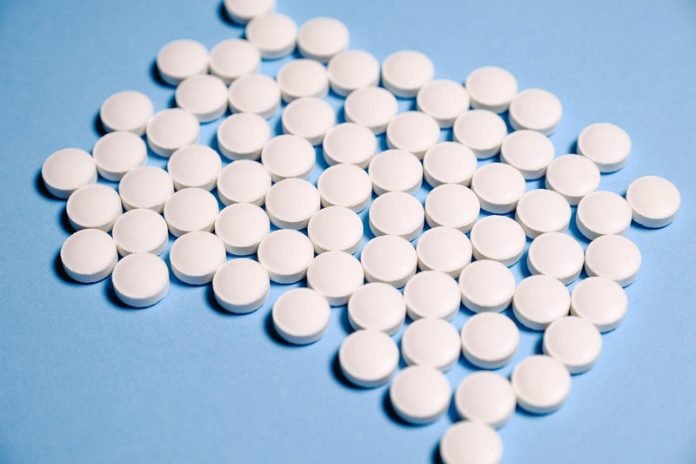
Does an aspirin a day keep the doctor away? Dr. Salim Virani, professor of medicine—cardiology at Baylor College of Medicine, says don’t trust that saying.
The decision to take aspirin as a preventative measure for heart attack and stroke must be made with your doctor because it isn’t the best option for some and, in fact, could cause more harm than good.
“The decision to take an aspirin for heart health should consider each person’s risk factor and take into account a person’s risk of having a heart attack or stroke as well as his/her bleeding risk. It is a decision that must include a clinician,” said Virani.
One reason is that aspirin can inhibit blood clots, so while it might help some people to prevent heart attack or strokes, for others it can increase bleeding in the gut or inside the brain.
That is why each person’s risks and benefits of aspirin use must be weighed by a clinician.
“The use of aspirin therapy is very personalized. There are so many nuances in the recommendation that it is hard for anyone to make this decision on their own.
Most people aren’t aware of their own risk of having a heart attack or stroke or their bleeding risk, which increases as you age and is dependent on other health issues as well.” Virani said. “It just isn’t practical to make this decision on your own.”
He adds that there are some people who are prescribed aspirin therapy for heart issues, such as those who have had a heart attack or stroke or those who have undergone bypass surgery or the placement of a stent.
Those patients should continue taking their daily aspirin. It is the group that is using it to reduce their first risk of heart attack or stroke where there is controversy.
“A lot of people think that since aspirin is over-the-counter that it must be safe, but these decisions shouldn’t be made in the aisles of the pharmacy,” Virani added.
“You will see that guidelines are changing and evolving as more research takes place and we continue to understand who will benefit the most from this type of preventative measure.”
Virani says one rule of thumb regarding aspirin does ring true—If you think you are having a heart attack, call 911 then take an aspirin.
While you are making your doctor’s appointment to learn about your particular risk factors and whether aspirin therapy is right for you, there are some things you can do to improve your heart health today, he said.
Increase physical activity. Consistent, cumulative movement, like short walk breaks throughout the day, can add up to help fight heart disease and stroke.
Eating a heart-healthy diet, reducing stress, limiting alcohol and quitting smoking all can help to reduce your risk. The American Heart Association has a complete list of lifestyle choices to help prevent heart attacks.
Written by Graciela Gutierrez.
If you care about heart health, please read studies about what to eat if you have a heart rhythm problem, and drugs for weight loss, inflammation may prevent heart attack, stroke.
For more information about heart health, please see recent studies about what heart and stroke patients need to know about COVID-19, and results showing the best heart disease treatment.
Source: Baylor College of Medicine



